Jan 30, 2024
United Kingdom
Nostalgia provides comfort, connection and learnings to build a more desirable future, giving brands an opportunity to boost their marketing effectiveness
LONDON, 30th January 2024 -- Nostalgia is a powerful tool in marketing, enabling brands to build emotional connections and bridge cultural touchpoints, and there’s no better time than the present to embrace this.
Why nostalgia is so ‘fetch’ right now, a new report from marketing effectiveness organisation Effie UK and leading research and insights organisation Ipsos in the UK, highlights why nostalgia presents an opportunity for marketers to connect with consumers. By tapping into the feel-good factor in their past, brands can inspire feelings of control, comfort, connection, hope, or security.
This echoes current sentiments at play right now. Given the uncertain times we are living in, people are increasingly seeking comfort in the past, seeing it as a much more stable and attractive place. At the same time they are looking to bridge generation gaps, keen to go back to what they know, expressing a longing to experience what they believe were happier times.
Nostalgia can also generate excitement and fever pitch-style anticipation, as demonstrated with the recent releases of Barbie and Mean Girls, and the enduring fascination with series such as Call the Midwife. Brands can, therefore, use nostalgia to evoke and provoke strong emotions. Moreover, nostalgia impacts everyone, not just the elderly, enabling brands to connect with consumers across the generations and trigger specific emotional connections.
According to the report - the third volume in Effie and Ipsos’ Dynamic Effectiveness series, which previously explored the sales and business value of marketing that promotes equality for women and why empathy all too often doesn’t get the airtime it deserves - using nostalgia can strike the right chord with your audience and provide an opportunity for empathy and fit.
Data from Ipsos’ Global Trends Survey shows that in Great Britain, 44% of people agree that ‘given the choice, ‘I would prefer to have grown up at the time when my parents were children’, offering further evidence of rosy retrospection and a strong desire for the past when faced with an uncertain future. A further 60% of people would like their country to be the way it was.
Also included in Why nostalgia is so ‘fetch’ right now are details of four Effie Award winners who have used nostalgia to evoke specific feelings for their audience. These are Renault’s ‘Papa, Nicole’, KFC’s ‘Chicken Town’, Havas’ ‘Long Live the Local’ and Crayola’s ‘Colours of the World’, which powerfully demonstrate how brand heritage can build connections and provide comfort, how evoking nostalgia can inspire people to take action, and how addressing the past head on can provide hope and a reason to look ahead.
Rachel Emms, Managing Director at Effie UK, said: “Marketers have often tapped into the emotional power of nostalgia for brands, and now we can provide hard evidence of its impact through Effie award-winning campaigns. We hope that this latest report serves as a practical tool for strategists and planners exploring different ways of emotionally engaging with their audience.”
Samira Brophy, Senior Creative Excellence Director at Ipsos in the UK, said: “ In Ipsos’ 80+ years of measuring how the world feels and 40+ years of advertising research, we haven’t seen a stronger confluence of nostalgia in the public and its expressions in marketing than in the last 3-5 years. Britain hasn’t been this worried about inflation since the oil crisis in the 70’s and 76% of us feel like things in our country are out of control right now. As people look backwards for comfort, safety, hope, security and areas of redress, meeting them where they are through your campaigns demonstrates empathy. Moreover, we find that connecting with a brand’s history or heritage in advertising results in an 8% bump in branded attention as people look for these cues.”
Read the Report >
Why nostalgia is so ‘fetch’ right now, a new report from marketing effectiveness organisation Effie UK and leading research and insights organisation Ipsos in the UK, highlights why nostalgia presents an opportunity for marketers to connect with consumers. By tapping into the feel-good factor in their past, brands can inspire feelings of control, comfort, connection, hope, or security.
This echoes current sentiments at play right now. Given the uncertain times we are living in, people are increasingly seeking comfort in the past, seeing it as a much more stable and attractive place. At the same time they are looking to bridge generation gaps, keen to go back to what they know, expressing a longing to experience what they believe were happier times.
Nostalgia can also generate excitement and fever pitch-style anticipation, as demonstrated with the recent releases of Barbie and Mean Girls, and the enduring fascination with series such as Call the Midwife. Brands can, therefore, use nostalgia to evoke and provoke strong emotions. Moreover, nostalgia impacts everyone, not just the elderly, enabling brands to connect with consumers across the generations and trigger specific emotional connections.
According to the report - the third volume in Effie and Ipsos’ Dynamic Effectiveness series, which previously explored the sales and business value of marketing that promotes equality for women and why empathy all too often doesn’t get the airtime it deserves - using nostalgia can strike the right chord with your audience and provide an opportunity for empathy and fit.
Data from Ipsos’ Global Trends Survey shows that in Great Britain, 44% of people agree that ‘given the choice, ‘I would prefer to have grown up at the time when my parents were children’, offering further evidence of rosy retrospection and a strong desire for the past when faced with an uncertain future. A further 60% of people would like their country to be the way it was.
Also included in Why nostalgia is so ‘fetch’ right now are details of four Effie Award winners who have used nostalgia to evoke specific feelings for their audience. These are Renault’s ‘Papa, Nicole’, KFC’s ‘Chicken Town’, Havas’ ‘Long Live the Local’ and Crayola’s ‘Colours of the World’, which powerfully demonstrate how brand heritage can build connections and provide comfort, how evoking nostalgia can inspire people to take action, and how addressing the past head on can provide hope and a reason to look ahead.
Rachel Emms, Managing Director at Effie UK, said: “Marketers have often tapped into the emotional power of nostalgia for brands, and now we can provide hard evidence of its impact through Effie award-winning campaigns. We hope that this latest report serves as a practical tool for strategists and planners exploring different ways of emotionally engaging with their audience.”
Samira Brophy, Senior Creative Excellence Director at Ipsos in the UK, said: “ In Ipsos’ 80+ years of measuring how the world feels and 40+ years of advertising research, we haven’t seen a stronger confluence of nostalgia in the public and its expressions in marketing than in the last 3-5 years. Britain hasn’t been this worried about inflation since the oil crisis in the 70’s and 76% of us feel like things in our country are out of control right now. As people look backwards for comfort, safety, hope, security and areas of redress, meeting them where they are through your campaigns demonstrates empathy. Moreover, we find that connecting with a brand’s history or heritage in advertising results in an 8% bump in branded attention as people look for these cues.”
Read the Report >

 Jan 30, 2024
United Kingdom
Jan 30, 2024
United Kingdom
Nostalgia provides comfort, connection and learnings to build a more desirable future, giving brands an opportunity to boost their marketing effectiveness
LONDON, 30th January 2024 -- Nostalgia is a powerful tool in marketing, enabling brands to build emotional connections and bridge cultural touchpoints, and there’s no better time than the present to embrace this.
Why nostalgia is so ‘fetch’ right now, a new report from marketing effectiveness organisation Effie UK and leading research and insights organisation Ipsos in the UK, highlights why nostalgia presents an opportunity for marketers to connect with consumers. By tapping into the feel-good factor in their past, brands can inspire feelings of control, comfort, connection, hope, or security.
This echoes current sentiments at play right now. Given the uncertain times we are living in, people are increasingly seeking comfort in the past, seeing it as a much more stable and attractive place. At the same time they are looking to bridge generation gaps, keen to go back to what they know, expressing a longing to experience what they believe were happier times.
Nostalgia can also generate excitement and fever pitch-style anticipation, as demonstrated with the recent releases of Barbie and Mean Girls, and the enduring fascination with series such as Call the Midwife. Brands can, therefore, use nostalgia to evoke and provoke strong emotions. Moreover, nostalgia impacts everyone, not just the elderly, enabling brands to connect with consumers across the generations and trigger specific emotional connections.
According to the report - the third volume in Effie and Ipsos’ Dynamic Effectiveness series, which previously explored the sales and business value of marketing that promotes equality for women and why empathy all too often doesn’t get the airtime it deserves - using nostalgia can strike the right chord with your audience and provide an opportunity for empathy and fit.
Data from Ipsos’ Global Trends Survey shows that in Great Britain, 44% of people agree that ‘given the choice, ‘I would prefer to have grown up at the time when my parents were children’, offering further evidence of rosy retrospection and a strong desire for the past when faced with an uncertain future. A further 60% of people would like their country to be the way it was.
Also included in Why nostalgia is so ‘fetch’ right now are details of four Effie Award winners who have used nostalgia to evoke specific feelings for their audience. These are Renault’s ‘Papa, Nicole’, KFC’s ‘Chicken Town’, Havas’ ‘Long Live the Local’ and Crayola’s ‘Colours of the World’, which powerfully demonstrate how brand heritage can build connections and provide comfort, how evoking nostalgia can inspire people to take action, and how addressing the past head on can provide hope and a reason to look ahead.
Rachel Emms, Managing Director at Effie UK, said: “Marketers have often tapped into the emotional power of nostalgia for brands, and now we can provide hard evidence of its impact through Effie award-winning campaigns. We hope that this latest report serves as a practical tool for strategists and planners exploring different ways of emotionally engaging with their audience.”
Samira Brophy, Senior Creative Excellence Director at Ipsos in the UK, said: “ In Ipsos’ 80+ years of measuring how the world feels and 40+ years of advertising research, we haven’t seen a stronger confluence of nostalgia in the public and its expressions in marketing than in the last 3-5 years. Britain hasn’t been this worried about inflation since the oil crisis in the 70’s and 76% of us feel like things in our country are out of control right now. As people look backwards for comfort, safety, hope, security and areas of redress, meeting them where they are through your campaigns demonstrates empathy. Moreover, we find that connecting with a brand’s history or heritage in advertising results in an 8% bump in branded attention as people look for these cues.”
Read the Report >
Why nostalgia is so ‘fetch’ right now, a new report from marketing effectiveness organisation Effie UK and leading research and insights organisation Ipsos in the UK, highlights why nostalgia presents an opportunity for marketers to connect with consumers. By tapping into the feel-good factor in their past, brands can inspire feelings of control, comfort, connection, hope, or security.
This echoes current sentiments at play right now. Given the uncertain times we are living in, people are increasingly seeking comfort in the past, seeing it as a much more stable and attractive place. At the same time they are looking to bridge generation gaps, keen to go back to what they know, expressing a longing to experience what they believe were happier times.
Nostalgia can also generate excitement and fever pitch-style anticipation, as demonstrated with the recent releases of Barbie and Mean Girls, and the enduring fascination with series such as Call the Midwife. Brands can, therefore, use nostalgia to evoke and provoke strong emotions. Moreover, nostalgia impacts everyone, not just the elderly, enabling brands to connect with consumers across the generations and trigger specific emotional connections.
According to the report - the third volume in Effie and Ipsos’ Dynamic Effectiveness series, which previously explored the sales and business value of marketing that promotes equality for women and why empathy all too often doesn’t get the airtime it deserves - using nostalgia can strike the right chord with your audience and provide an opportunity for empathy and fit.
Data from Ipsos’ Global Trends Survey shows that in Great Britain, 44% of people agree that ‘given the choice, ‘I would prefer to have grown up at the time when my parents were children’, offering further evidence of rosy retrospection and a strong desire for the past when faced with an uncertain future. A further 60% of people would like their country to be the way it was.
Also included in Why nostalgia is so ‘fetch’ right now are details of four Effie Award winners who have used nostalgia to evoke specific feelings for their audience. These are Renault’s ‘Papa, Nicole’, KFC’s ‘Chicken Town’, Havas’ ‘Long Live the Local’ and Crayola’s ‘Colours of the World’, which powerfully demonstrate how brand heritage can build connections and provide comfort, how evoking nostalgia can inspire people to take action, and how addressing the past head on can provide hope and a reason to look ahead.
Rachel Emms, Managing Director at Effie UK, said: “Marketers have often tapped into the emotional power of nostalgia for brands, and now we can provide hard evidence of its impact through Effie award-winning campaigns. We hope that this latest report serves as a practical tool for strategists and planners exploring different ways of emotionally engaging with their audience.”
Samira Brophy, Senior Creative Excellence Director at Ipsos in the UK, said: “ In Ipsos’ 80+ years of measuring how the world feels and 40+ years of advertising research, we haven’t seen a stronger confluence of nostalgia in the public and its expressions in marketing than in the last 3-5 years. Britain hasn’t been this worried about inflation since the oil crisis in the 70’s and 76% of us feel like things in our country are out of control right now. As people look backwards for comfort, safety, hope, security and areas of redress, meeting them where they are through your campaigns demonstrates empathy. Moreover, we find that connecting with a brand’s history or heritage in advertising results in an 8% bump in branded attention as people look for these cues.”
Read the Report >



